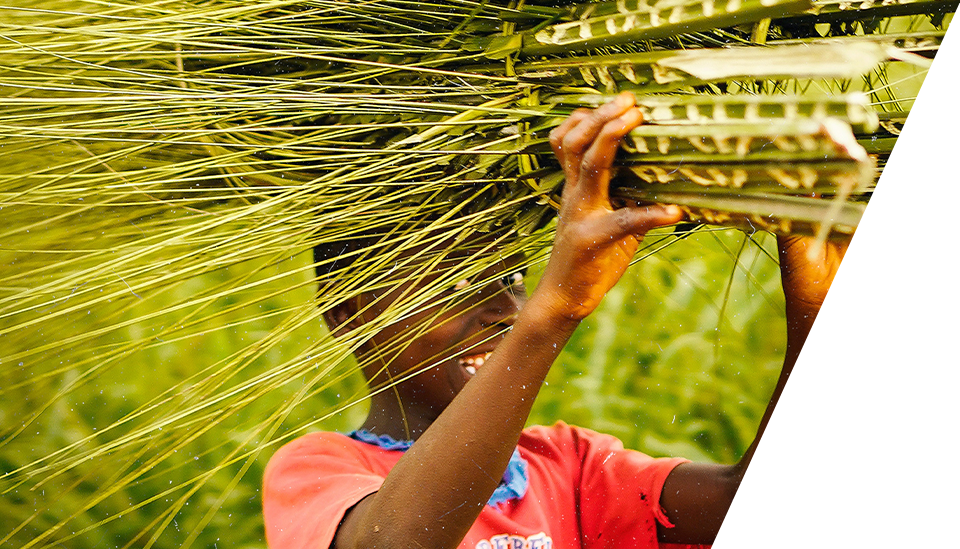OECD-FAO Guidance for Responsible Agricultural Supply Chains
Help enterprises build responsible agricultural supply chains
Enterprises involved in agricultural supply chains can create employment, raise labour standards and bring the technology to increase agricultural production or reduce pollution.
But their activities can also contribute to food insecurity by leading to the eviction of local communities from their lands. Child labour and abuses of migrant workers and women are regularly reported. The production of some agricultural commodities leads to soil degradation, water resource depletion and deforestation.
The OECD and the UN FAO have developed guidance to help enterprises observe standards of responsible business conduct to ensure that their operations do not lead to adverse impacts and contribute to sustainable development.
The OECD-FAO Guidance (PDF) proposes:
- A model enterprise policy outlining the standards that enterprises should observe to build responsible agricultural supply chains;
- A framework for risk-based due diligence describing the five steps that enterprises should follow to identify, assess, mitigate and account for how they address the adverse impacts of their activities;
- A description of the major risks faced by enterprises and the measures to mitigate these risks;
- Guidance for engaging with indigenous peoples.
- The guidance is implemented in partnership with the FAO, including through: a pilot project to enable enterprises to road-test it and share best practices; the development of easy-to-use guides; and the organisation of webinars to build the capacities of the various stakeholders involved in agricultural supply chains.
- The guidance was developed with the support of a multi-stakeholder advisory group and was the subject of an online public consultation (PDF).
Full document available here: http://mneguidelines.oecd.org/OECD-FAO-Guidance.pdf (PDF)

